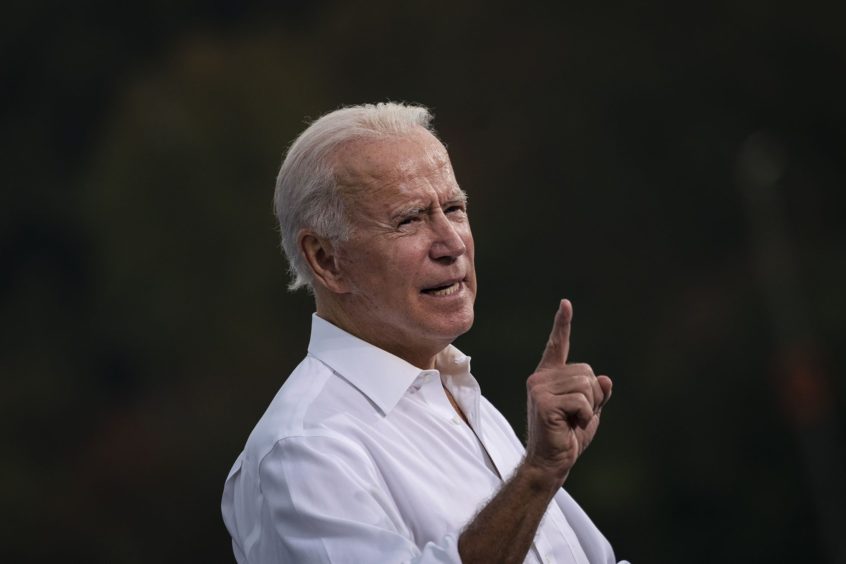
The UK will back President Joe Biden’s plans to release emergency oil supplies in an attempt to reduce the price of oil.
Biden set out his plans today. The US will work with other energy consuming states, including China, Japan, India, South Korea and the UK.
The US Department of Energy will offer as much as 50 million barrels of crude from the Strategic Petroleum Reserve (SPR), the White House said.
Of this, the US will offer 32mn barrels in exchange over the next few months, although these volumes will be returned to the SPR in the years ahead. This is intended to meet the market’s expectation that future oil prices will be lower.
The outstanding 18mn barrels is an acceleration of the crude sale that Congress had previously authorised.
An emailed statement from the UK government reported it would release 1.5mn barrels of oil.
Bloomberg has reported that India will release 5mn barrels, Japan “several days”, China 7.33mn and an unspecified amount from South Korea.
The White House statement referred to the impact of high fuel prices on Americans and in heating. “Oil supply has not kept up with demand as the global economy emerges from the pandemic”, it said.
Anti-competitive
The presidency went on to say that there were indications of “anti-competitive practices” in the oil sector. Declines in oil prices, the statement said, had not reduced prices at the pump.
Biden has asked the Federal Trade Commission last week to investigate potential illegality.
However, the US is still committed to clean energy, it said. The Build Back Better Act is a “critical step” to reaching net zero by 2050 “and reducing our dependence on foreign fossil fuels”.
Rystad Energy’s Head of Oil Markets Bjornar Tonhaugen noted the international support for oil releases, notably including China.
Tonhaugen said the market had been discussing the SPR release for some time. As a result, it is likely to be “quite muted” in reaction.
Impact
He went on to say that there would be little impact on consumers at the pump. “The reality is that [fuel price falls] may not happen at all, or only with a significant lag time”, he said.
The Rystad analyst noted the importance of OPEC+’s response. The group will hold talks next week.
“The coming OPEC+ meeting is to be watched closely as it could offer an interesting supply poker game ahead. If the move is seen as aggressive by OPEC+, the group could in theory even cut back supply into January to maintain its profits,” Tonhaugen said.
Jamie Maddock, equity research analyst at Quilter Cheviot, said the SPR release would “provide only temporary relief”. The move is “more symbolic than anything”, Maddock said, “as it shows clear intent to drive down inflation and limit the associated risks for the global economy.
“While OPEC+ had previously outlined a strategy to incrementally return oil to the market, it may now opt to adjust its original steadfast approach and delay the next increase.”
Export pressure
A group of Democrat politicians sent a letter to Biden this week backing the release of oil from the SPR – and also banning exports.
The letter said OPEC was “manipulating gas prices”. A move by the US administration to ban exports would boost domestic supply and cut prices.
If the US did return to a ban on oil exports it would have much higher volumes domestically. However, the country’s refineries are largely configured to run on heavier crudes so would require investment to be able to process the lighter crudes from shale plays.
Updated at 3:23 pm with Quilter Cheviot’s Maddock comments.
Updated at 3:42 pm with Democrat proposal to ban exports.
